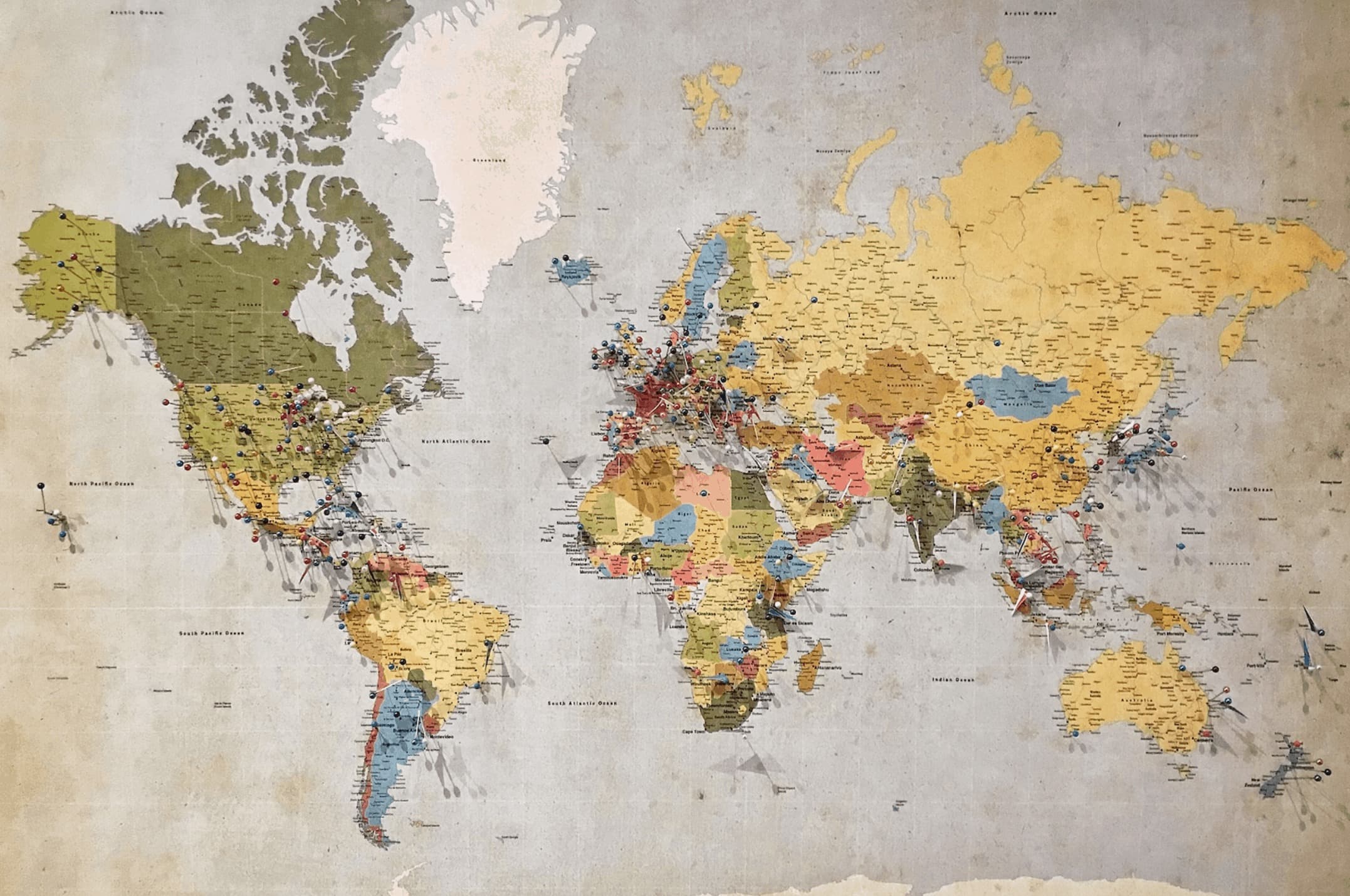Moving to a new country can be an exciting adventure, but it also comes with its own unique set of challenges. One of the most important considerations when moving internationally is understanding the differences in property rights between your home country and your destination country.
Property rights refer to the legal rights of individuals or groups to own, use, and dispose of property. These rights can vary greatly from country to country, and it’s important to have a clear understanding of them before making any major property-related decisions.
Here are some key factors to consider when navigating international property rights:
Legal systems
The legal system of a country is a major factor in determining property rights. In countries with a common law legal system, such as the United States and the United Kingdom, property rights are generally well-defined and protected by law. In countries with a civil law legal system, such as many European and Latin American countries, property rights may be more complex and subject to greater government control.
Ownership
The concept of ownership can also vary between countries. In some countries, such as the United States, property ownership is considered an individual right and is protected by law. In other countries, property ownership may be seen as a collective right, with the government or community having a say in how property is used and distributed.
Land use regulations
Land use regulations can also have a significant impact on property rights. In some countries, such as Australia and Canada, there are few restrictions on how property can be used. In other countries, such as Singapore and Hong Kong, land use is tightly controlled by the government, with restrictions on building heights, land use categories, and more.
Foreign ownership restrictions
Some countries have restrictions on foreign ownership of property, which can limit your options when moving. For example, in Thailand, foreigners can only own a condominium unit, while in Mexico, foreign ownership of property within 50 km of the coast and 100 km of the border is restricted.
Intellectual property rights
Intellectual property rights, such as patents, trademarks, and copyrights, can also vary between countries. If you have intellectual property that you want to protect when moving, it’s important to research the laws and regulations in your destination country.
Cultural differences
Cultural differences can also play a role in property rights. In some countries, such as Japan, there is a strong cultural emphasis on communal living and shared ownership, which can affect property rights. In other countries, such as the United States, individualism is highly valued, and property rights are seen as a fundamental part of individual freedom.
How to Protect Yourself and Your Assets When Moving Internationally
Navigating international property rights can be challenging, but there are steps you can take to protect yourself and your assets when moving. Here are some tips to keep in mind:
Do your research
Before making any property-related decisions, take the time to research the property laws and regulations in your destination country. This can help you avoid any unexpected legal issues or disputes.
Work with a local expert
Working with a local real estate agent, lawyer, or other expert can help you navigate the complexities of international property rights. A local expert can provide valuable insights into local customs, laws, and regulations, and can help ensure that your property transaction is legally sound.
Protect your intellectual property
If you have intellectual property that you want to protect when moving, consult with a lawyer who specializes in intellectual property law. They can help you understand the laws and regulations in your destination country and take steps to protect your intellectual property.
Consider local customs and culture
When making property-related decisions, it’s important to consider local customs and culture. Understanding how property rights are viewed in your destination country can help you avoid cultural misunderstandings and ensure that your property transactions are respectful and appropriate.
Conclusion
In conclusion, understanding international differences in property rights is crucial when moving to a new country. Property rights can vary significantly from country to country, and navigating these differences can be challenging. However, by doing your research, working with local experts, protecting your intellectual property, and considering local customs and culture, you can ensure that your property transactions are legally sound, respectful, and appropriate. Safebound Moving & Storage has prepared a post about ways to mitigate risk during an international move. With this guidance, you can minimize the potential risks and ensure a successful move to your new home abroad.





